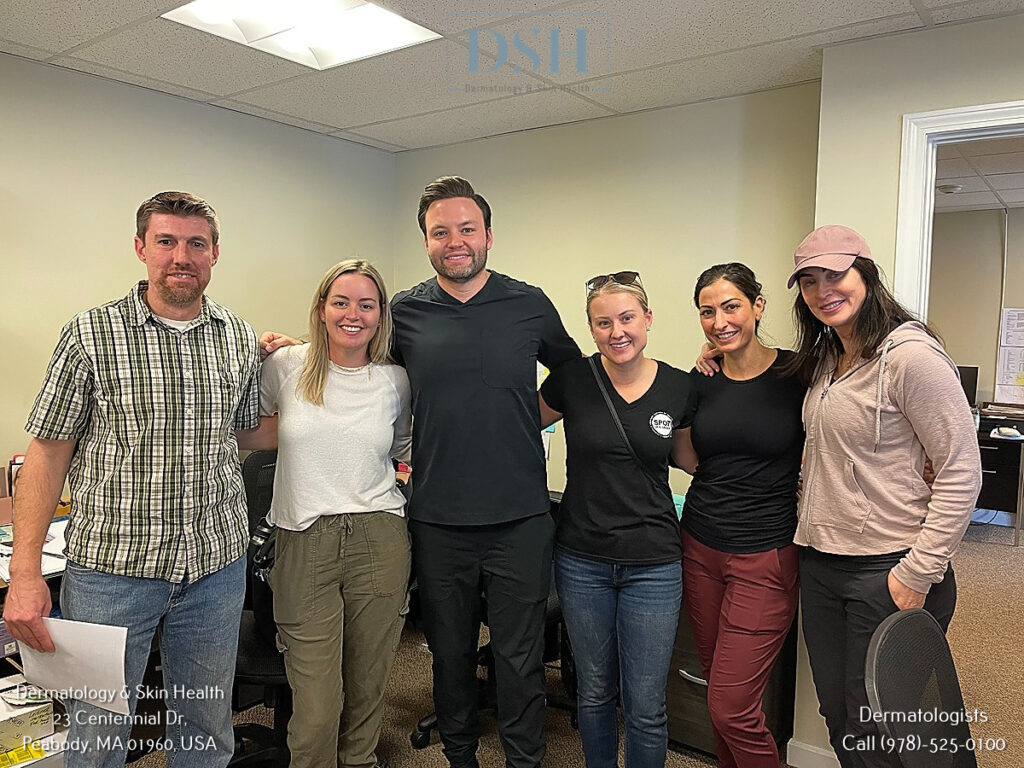

Skin cancer is the most common cancer in the United States, with over 5 million cases treated each year. While often curable if caught early, skin cancer can be deadly when not properly treated. That’s why seeking specialized care from experienced skin cancer doctors is so important.
If you’ve been diagnosed with skin cancer in the Sarasota area, one treatment option you may consider is Mohs surgery. This precise surgical technique was developed in the 1930s by Dr. Frederick Mohs, and offers the highest cure rates of any skin cancer treatment available today.
When considering Mohs surgery, it's important to find a highly qualified and experienced surgeon. Here are some tips on identifying top Mohs providers in the Sarasota area:
Some key credentials and qualifications to look for in a Mohs surgeon include:
| Credential | What it Means |
| Board Certified Dermatologist | Completed med school, residency in dermatology, passed exams |
| Fellowship Trained in Mohs | Additional 1-2 years of focused training in Mohs surgery |
| Member of ACMS | Member of American College of Mohs Surgery, demonstrate expertise |
| Published Research | Experience advancing and sharing knowledge of Mohs surgery |
While credentials and qualifications are important when choosing a Mohs surgeon, you also want to consider the doctor's bedside manner and how comfortable you feel with them.
Here are some tips for finding the right fit:
The right Mohs surgeon-patient relationship can help reduce anxiety and make the process go smoothly. Take your time researching to find that ideal fit.
Now that you know what to look for in a Mohs surgeon, let’s look at what the procedure entails. Mohs is done on an outpatient basis, meaning you can go home the same day.
Here are the typical steps involved:
The unique advantage of Mohs is its ability to trace out and remove 100% of cancerous tissue, while preserving as much healthy tissue as possible. This leads to the highest cure rates of any skin cancer treatment, along with the best cosmetic outcomes.

Extensive research over decades has proven Mohs to be remarkably effective at curing common forms of skin cancer.
For basal cell carcinoma (BCC), cure rates exceed 99% after Mohs treatment. Squamous cell carcinoma (SCC) is cured approximately 95% of the time.
Melanoma is less likely to be treated with Mohs, but when used, success rates range from 85-98%. This makes Mohs at least as effective as wide excision for melanoma.
In addition to high cure rates, Mohs has the lowest recurrence rates of any skin cancer treatment. Recurrence happens in only about 1-3% of cases. This compares to up to 10% recurrence seen with other methods like excision surgery, radiation, or cryosurgery.
For most patients, Mohs surgery leads to good cosmetic outcomes and minimal scarring. The surgery removes cancerous tissue while maximizing preservation of surrounding healthy skin.
Proper wound care is important following the procedure to optimize healing. Your surgeon will give you detailed instructions on caring for the site after Mohs. Typically this involves keeping the area clean, using antibiotic ointment, changing bandages, and avoiding picking or scratching the wound.
Mohs micrographic surgery offers significant advantages for removing many types of skin cancer. However, it may not be the best option for every patient and every case.
Here are some factors your dermatologist will consider when recommending a treatment plan:
Your age, lifestyle needs, values and preferences also play a role in deciding what treatment is best for your unique situation.

If you’ve been diagnosed with skin cancer in the Sarasota region, use the guidance provided here to help find the right Mohs specialist for you.
With highly effective cure rates and excellent cosmetic results, Mohs surgery is one of the best skin cancer treatments available today. By selecting experienced, fellowship-trained Mohs surgeons— like our experts at Dermatology and Skin Health for example, you can feel confident in the quality of care and outcomes.
If your desired appointment type or preferred provider is unavailable online, kindly call (978) 525-0100 for Peabody, MA and (603) 742-5556 for all New Hampshire locations. Alternatively please feel free to send us your request via the patient portal, or via email at info@dermskinhealth.com
*For medical dermatology appointments in MA please dial (978) 525-0100 or fill out the appointment request form above.